Doctors weigh in on full moon superstition in hospitals: ‘Everybody talks about the bewitching hour’
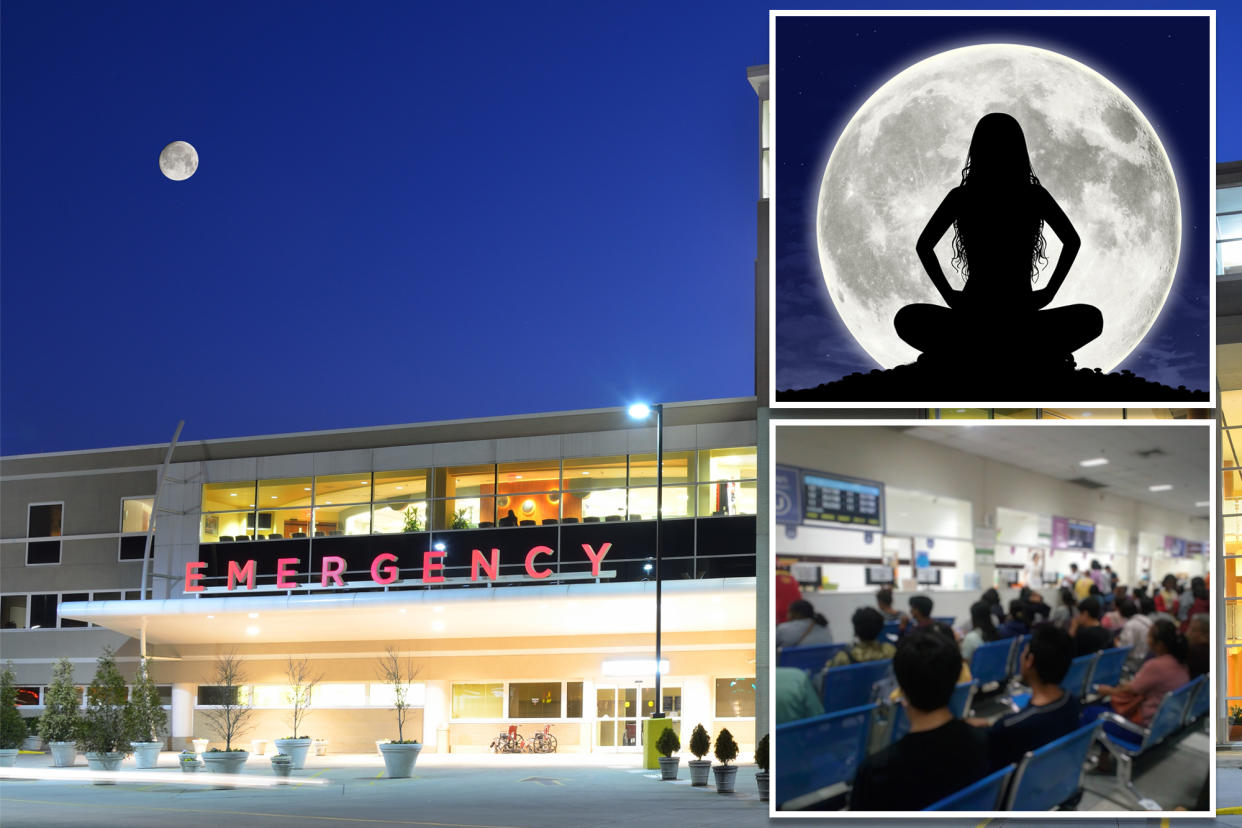
Can hospitals see a bad moon a-risin’?
It’s long been a superstition within the medical community that nights of a full moon bring an unwelcome and unpredictable surge in emergency room chaos in hospitals across the country.
“Everybody talks about it,” Dr. John Becher of Philadelphia College of Osteopathic Medicine and formerly AtlantiCare in Atlantic City, New Jersey, told The Post ahead of Tuesday’s full moon.
“Sometimes [hospital workers] come in at 7 p.m. and say, ‘Better brace up, you know it’s full moon,’ in expectation it’s going to happen. And sure enough, it does.”
During his many years in AC, Becher specifically saw patient volumes increase and noticed people with chronic problems tend to come in “out of the blue” on full moon nights.
“A significant portion of that increased volume are abnormal situations that you don’t see every day. A lot of emotional problems, a lot of psychiatric problems,” he said.
After all, the word “lunatic” derives from the Latin for “moonstruck.”
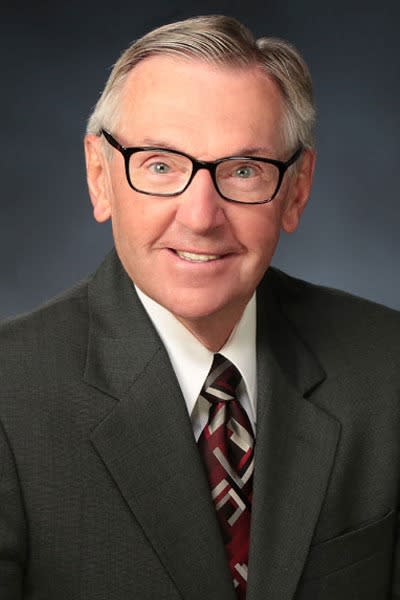
While it may seem like an old wives’ tale, there’s some data to back up the popular speculation.
In 2007, a police department in Brighton, England, would bring in extra officers on full moon eves due to an uptick in aggressive behavior. A research paper from 2011 also found that 40% of health workers believe the moon’s phases have an impact on human behavior.
Recent research from February found that hospital workers use their panic buttons 9% more on nights of a full moon.
Down south, Dr. Frederic “Kip” Wenger, the former chairman of emergency medicine at the University of Tennessee, Knoxville, has seen his fair share of hysteria while a full moon was present.
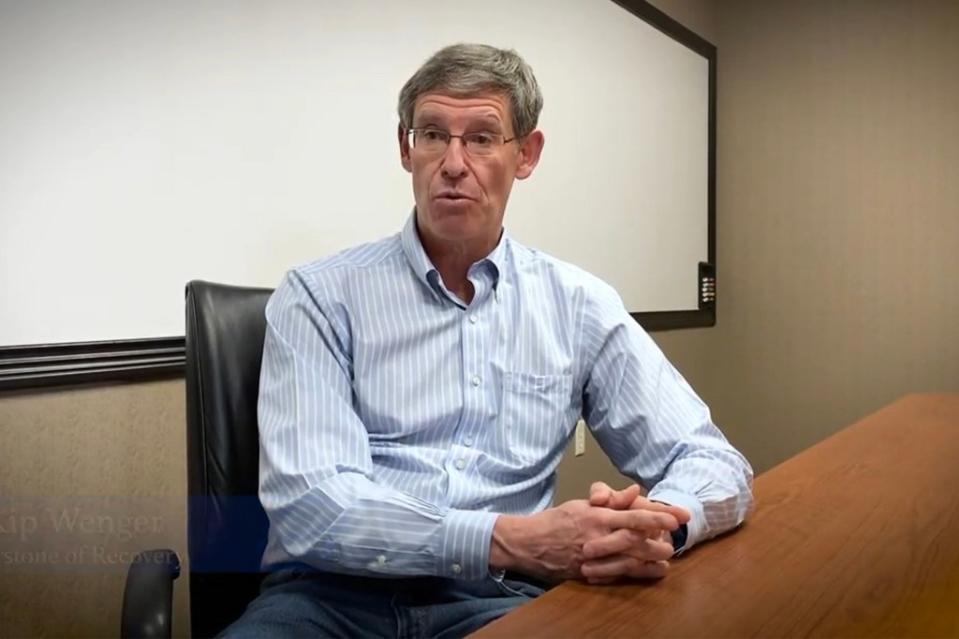
“It’s not unusual to have somebody with these delusions of grandeur and tales of ‘I’ve met Jesus,'” Wenger told The Post.
He also acknowledges that some bizarre incidents have coincided with full moons. He recalled during one full evening, one of his toughest peers completely broke down after a patient’s foot literally fell off when they tried removing his shoe.
Another time, inside a hospital whose name Wenger kept anonymous, a psychological patient had put on a doctor’s coat and began seeing patients, shouting for staff to bring epinephrine.
He reached three rooms before being caught.
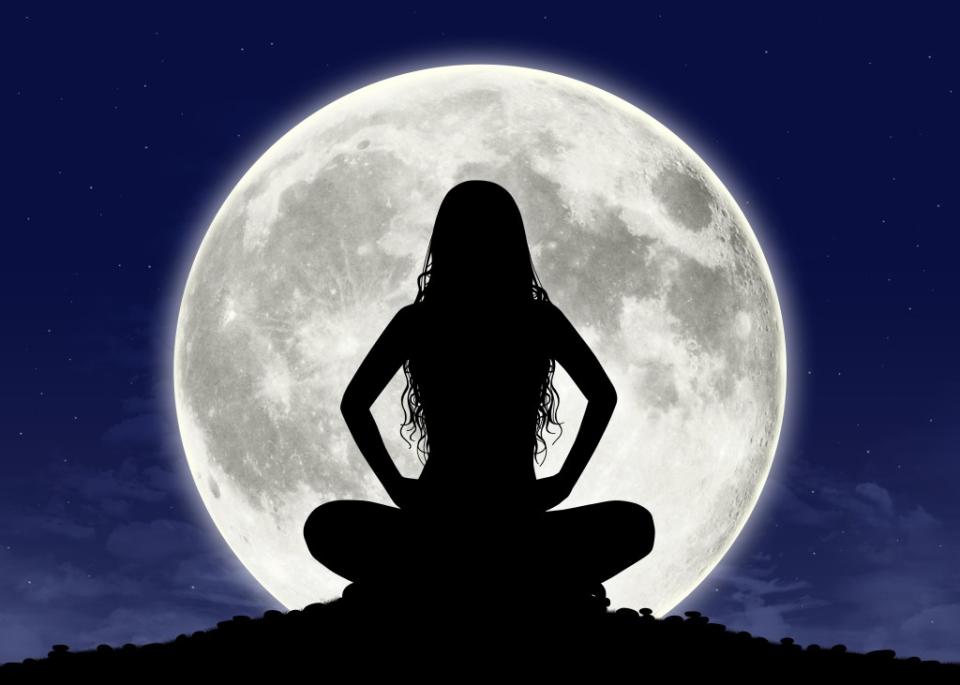
Despite being a long-running superstition, Wenger doesn’t buy into a full moon as an excuse for patients’ unusual behavior. However, he was quick to recognize how many respected colleagues and medical workers in his own family do.
“We have more callouts on a full moon, I can tell you that,” he said.
“I strongly believe that the nurses, not just my family members that happen to be nurses, but others really, really do believe in this.”
Meanwhile, a 2023 study could not disprove what so many trained medical workers believe from observation.
Instead, the authors wrote that there needs to be more in-depth biological and psychological analysis to truly understand the “pervasive myth of lunar effects on human health, behaviors and diseases.”
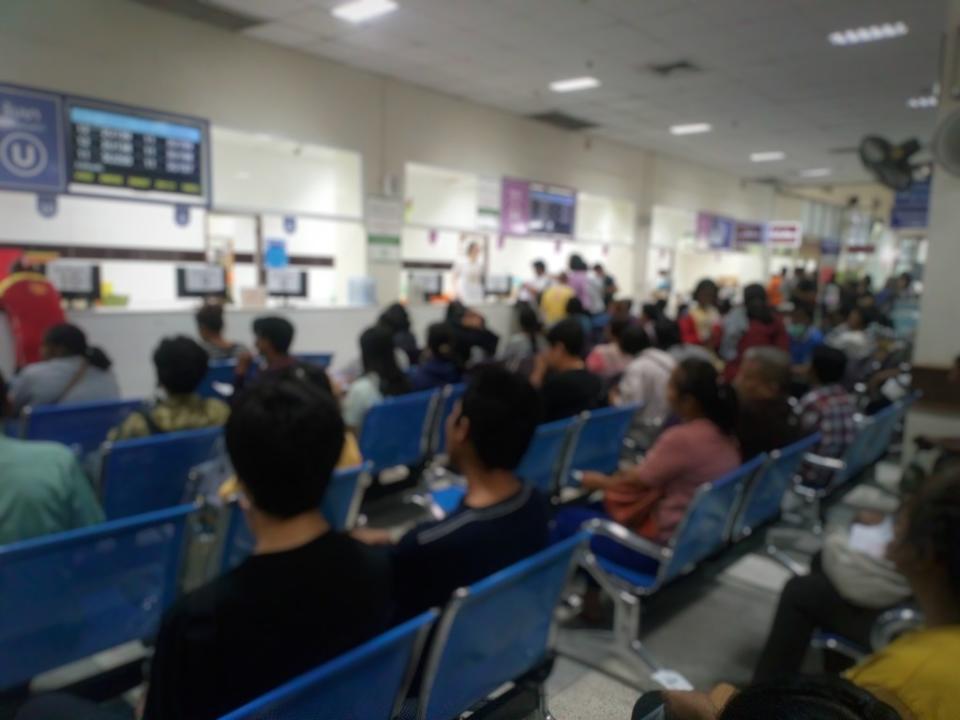
On the other hand, Becher firmly believes in the power of a full moon. Not only had he seen many bizarre cases that came in during those nights, but he had them down to an exact time frame.
“For a reason that I could not explain, they would all show up within probably two hours of each other, close to between 11 at night and 1 in the morning,” he said.
“It’s like the bewitching hour at midnight.”

